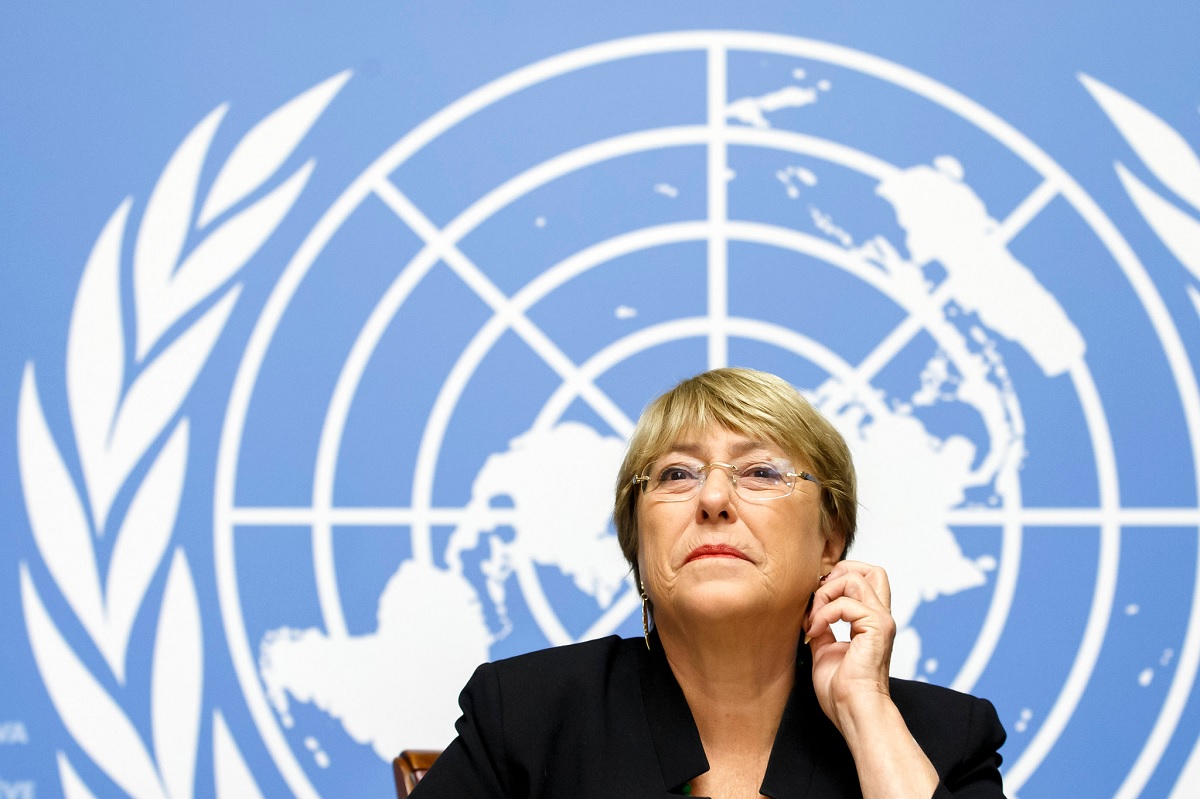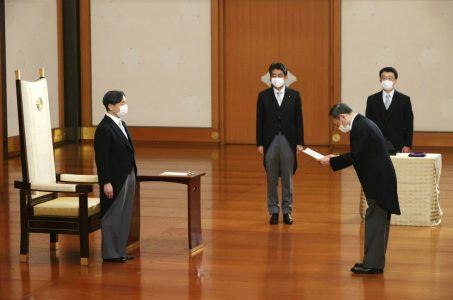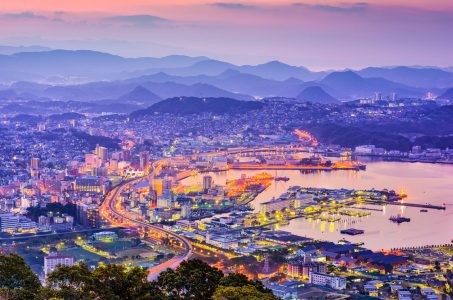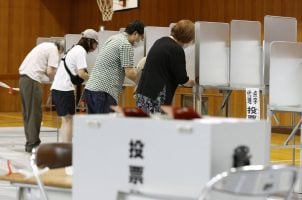Cambodia Releases 200 Striking Nagaworld Workers After UN Criticism
Posted on: March 11, 2022, 02:18h.
Last updated on: March 11, 2022, 01:32h.
Cambodia’s authoritarian government has released around 200 Nagaworld casino workers who were detained by authorities last month after picketing the casino in the capital Phnom Penh.

Workers began striking three months ago in solidarity with 365 of their colleagues who were laid off in April. Nagaworld management said the job cuts were designed to reduce costs amid the financial pressures of the pandemic.
But workers claimed the layoffs were illegal, and many refused to accept inadequate severance packages. The striking workers picketing the casino were arrested on the pretext that they were breaching COVID-19 protocols.
Nagaworld is owned by billionaire Chen Lip Keong and is the country’s biggest casino.
Violent Disruption
The violent disruption of the picket drew criticism from the United Nations and the US government, which embarrassed Cambodian authorities into seeking an end to the labor dispute.
“In Cambodia, I am troubled by the authorities’ use of COVID-19 restrictions to further erode democratic and civic space, including as a pretext to break a lawful strike by casino workers,” said Michelle Bachelet, UN High Commissioner for Human Rights, in a statement this week.
My Office witnessed recent violence by authorities, who forced women strikers onto buses and away from a strike site,” she said. “In contrast to measures applied to the general public, strikers have been arbitrarily detained and forced to test multiple times for COVID-19.”
“I call on the authorities to respect the right to peaceful assembly and engage in dialogue to address the strikers’ legitimate requests,” she added.
An Sokkhoeurn, Cambodian Permanent Mission to the UN, expressed “great dismay” at Bachalet’s choice of words, which he described as “ill-advised and selective.”
Sokkhoeurn said the strikers had broken Cambodian law. He claimed that local residents had complained of being disturbed by what he called the “months-long unlawful protest.”
Repression of Critics
Cambodia’s autocratic government is one of the most corrupt in the world and has intensified a crackdown on civilian protests since 2017.
According to a report by Human Rights Watch, the government has taken advantage of the global pandemic to “step up … repression of critics and activists and adopt more draconian laws.”
“In April, the government adopted a state of emergency law that grants the prime minister and others unfettered authority to surveil private telecommunications, and to ban the dissemination of information, while generally restricting the rights to peaceful assembly and association,” it wrote.
Strikers are also calling for the release of an additional 11 workers who have been placed in pre-trial detention and charged with incitement to commit a felony. Authorities have said their protests were a threat to public order and social security.
Related News Articles
Japan PM Yoshihide Suga Retains Key Cabinet Official Linked to Integrated Resorts
Nagasaki Changing IR Design to Make It More Appealing
Chinese Government Could Be Behind Spy Malware Targeting Online Casinos
Most Popular
IGT Discloses Cybersecurity Incident, Financial Impact Not Clear
Sphere Threat Prompts Dolan to End Oak View Agreement
This Pizza & Wings Costs $653 at Allegiant VIP Box in Vegas!
MGM Springfield Casino Evacuated Following Weekend Blaze
Most Commented
-
VEGAS MYTHS RE-BUSTED: Casinos Pump in Extra Oxygen
— November 15, 2024 — 4 Comments -
Chukchansi Gold Casino Hit with Protests Against Disenrollment
— October 21, 2024 — 3 Comments -
VEGAS MYTHS RE-BUSTED: The Final Resting Place of Whiskey Pete
— October 25, 2024 — 3 Comments
















No comments yet